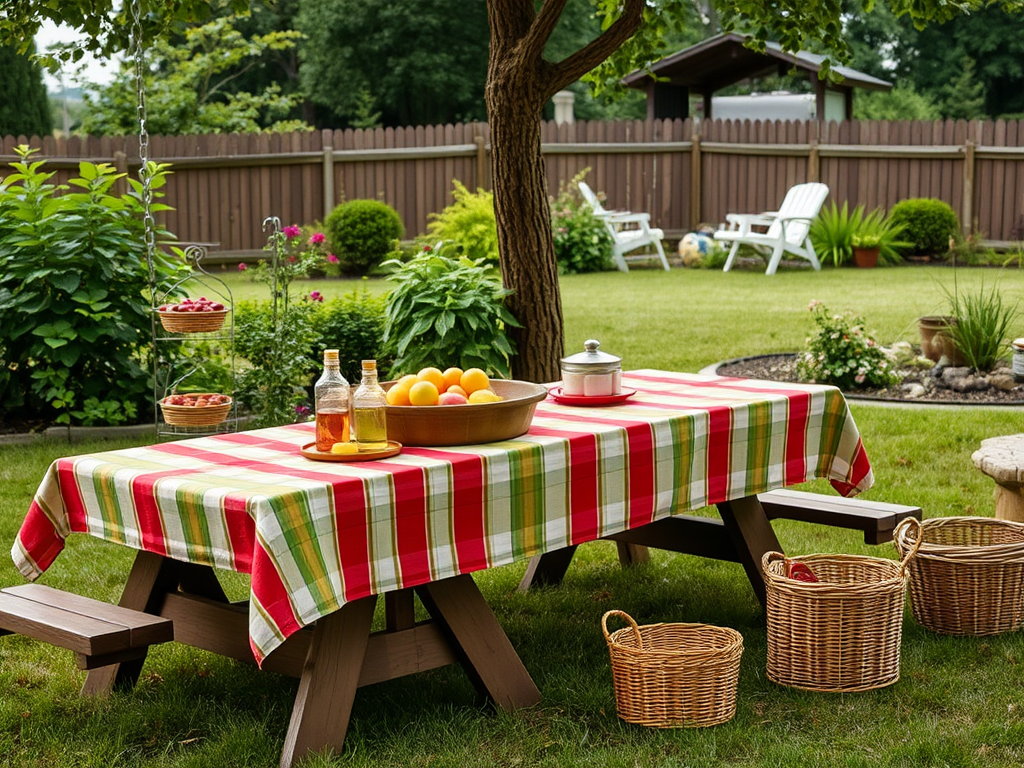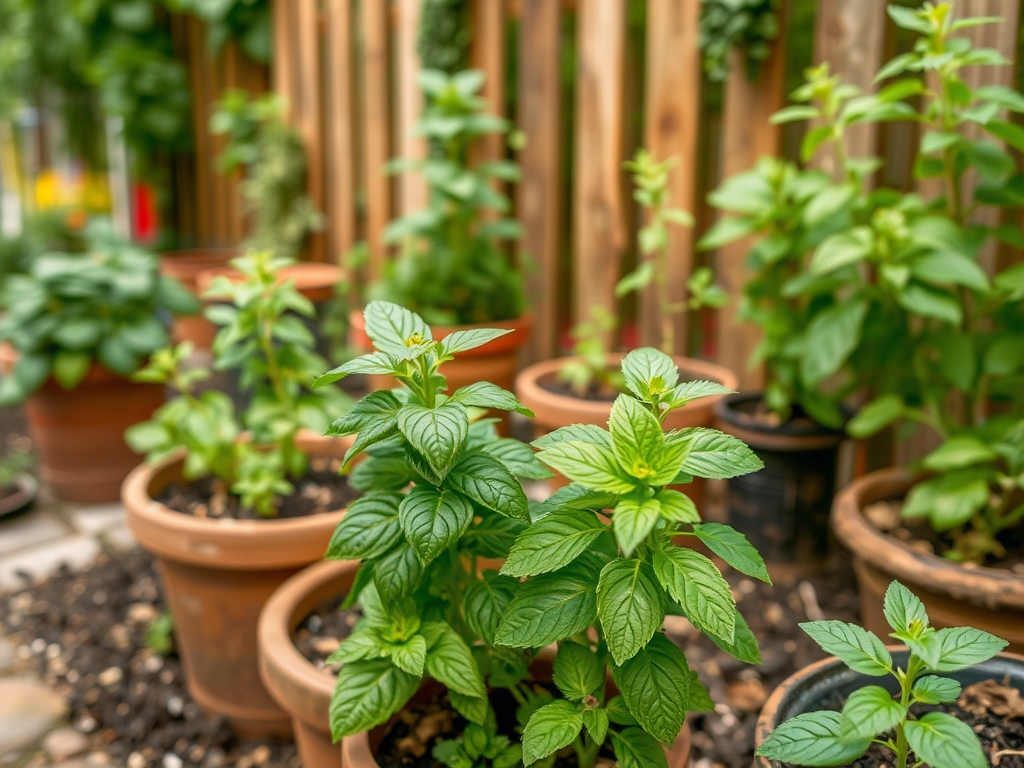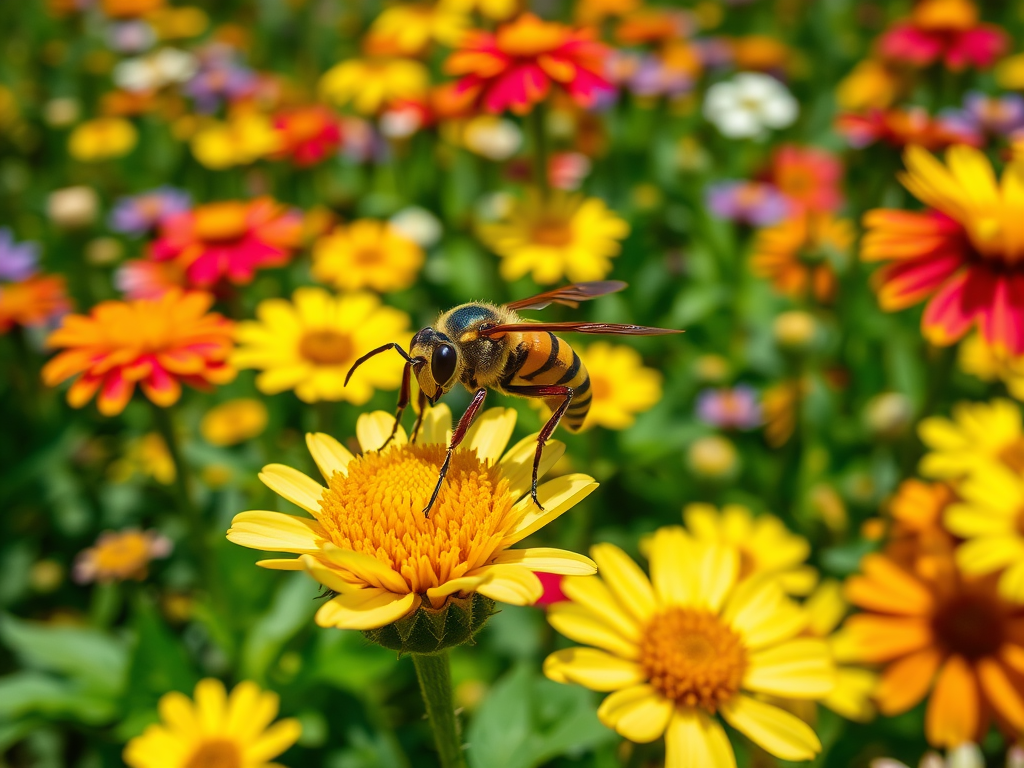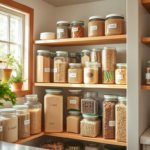As the warmer months approach, outdoor enjoyment often comes with the unwelcome company of wasps. Known for their striking appearance and sometimes aggressive behavior, these insects can incite fear in many individuals. Yet, wasps play a critical role in controlling pest populations and pollinating numerous plants. Instead of resorting to harmful chemicals, it’s crucial to explore environmentally friendly solutions for managing wasps without disrupting the ecosystem. This article delves into natural methods to eliminate wasps effectively and peacefully, helping you reclaim your outdoor spaces while coexisting with nature.
It’s essential to understand the behavior of wasps to devise effective control strategies. There are multiple species of wasps, each exhibiting unique nesting preferences and activity patterns. Typically, wasps are most active during late summer when their colonies peak. Understanding these patterns will assist you in knowing when to act and how to minimize your exposure to them. Most wasps prefer to construct nests in hidden areas, such as under eaves, in bushes, or even underground. By identifying these spots, you can take proactive steps to deter them before nesting occurs.
Understanding Wasps

Wasps are often mistaken for bees, yet their behaviors and ecological roles differ dramatically. While bees are primarily pollinators, wasps are voracious predators of other insects. Their predatory nature positions them as valuable allies in natural pest control. The presence of wasps can signify a balanced ecosystem, but it’s crucial to manage their populations effectively. Despite their benefits, it’s understandable to seek natural means to reduce their numbers when they pose a threat to your comfort.
Wasps contribute significantly to the food chain and overall ecological health. Their natural predatory habits help keep the population of harmful insects in check. Additionally, many species participate in pollination, aiding in the reproduction of various plants. Recognizing these benefits is essential in shaping our approach to pest control. Instead of extermination, consider preventive measures that respect these insects’ roles in nature. Understanding this narrative helps usher in environmentally friendly control methods rather than knee-jerk reactions.
Eco-Friendly Methods to Kill Wasps

When it comes to managing wasp populations naturally, multiple strategies can be employed, each offering different levels of efficacy based on your specific situation. Here, we break down some effective methods: natural repellents, traps, and deterrents can all play a part in your strategy.
Essential Oils as Repellents
Essential oils can act as powerful natural repellents, with certain scents being particularly off-putting to wasps. The most effective essential oils to consider include:
- Peppermint Oil
- Clove Oil
- Lemon Oil
To use, combine about 10 drops of essential oil with water in a spray bottle and apply around outdoor seating areas and potential nesting spots. This simple mixture can help deter wasps more sustainably than traditional chemical sprays.
Vinegar and Water Solutions
Vinegar is another natural product that can help manage wasps. A common solution involves mixing vinegar and water in equal parts. Here’s a quick recipe:
– 1 cup of vinegar- 1 cup of water- A few drops of dish soap
Mix the ingredients, and pour them into a spray bottle. This solution can be sprayed directly on wasps, as the soap will suffocate them. You can also use it as a trap by placing it in an open container to lure them in.
| Method | Ingredients | Effectiveness |
|---|---|---|
| Essential Oils | Peppermint, Clove, Lemon | Good |
| Vinegar Trap | Vinegar, Water, Dish Soap | Excellent |
| Soap and Water | Soap, Water | Good |
Soap and Water Traps
Utilizing soap and water creates an effective trap, as soap disrupts the surface tension of water, making it difficult for wasps to escape. A straightforward method includes:
- Mix 2 tablespoons of dish soap in a quart of water.
- Pour the mixture into a spray bottle.
- Spray directly onto wasps or into areas where they are active.
This method proves quite effective for sudden infestations and can work quickly when applied properly, giving you peace of mind during your outdoor activities.
Preventive Measures
While eliminating existing wasps is important, preventing them from becoming a problem in the first place is even more crucial. There are numerous strategies that homeowners can employ to maintain a wasp-free environment. Through proactive measures, you can minimize the risk of wasp encounters.
Maintaining Clean Outdoor Spaces
One of the simplest yet most effective deterrents is keeping your outdoor area tidy. Wasps are attracted to food sources and garbage, which makes cleanliness essential. Here are several tips to ensure your space remains uninviting to wasps:
- Seal trash cans tightly
- Clean up spills promptly
- Pick up leftover food after picnics
By rigorously adhering to these cleanliness habits, you can significantly reduce the likelihood of wasps invading your space.
Nest Deterrents
Another proactive approach is the use of nest deterrents. Certain visual and aromatic deterrents can effectively persuade wasps to build nests elsewhere. Here are a few ideas:
- Hang decoy wasp nests
- Plant specific herbs like mint and basil around your home
- Utilize wind chimes or reflective objects to create noise and movement
These solutions can help dissuade wasps while keeping your outdoor spaces beautiful and intact.
Conclusion
The quest for natural and environmentally friendly methods to control wasps is more pertinent than ever. By using essential oils, vinegar, and soap-based traps, along with employing preventive tactics, you can manage wasp populations effectively and respectfully. It is essential to strike a balance between human enjoyment of outdoor spaces and maintaining the delicate ecosystem that includes these insects. As you navigate wasp control, prioritize solutions that align with both your needs and ecological sustainability. Take action today to create a safer and more enjoyable environment while respecting the role wasps play in our ecosystem.
Frequently Asked Questions
- What is the best natural way to kill wasps? The most effective natural methods include essential oil repellents, vinegar traps, and soap and water solutions.
- Are there any plants that repel wasps? Yes, plants like mint, basil, and citronella are known to deter wasps naturally.
- How can I prevent wasps from nesting in my garden? Keeping outdoor areas clean, removing potential nesting sites, and using natural deterrents can effectively prevent wasps.
- Is it safe to use essential oils around pets? While many essential oils are safe, it’s always best to check specific oils and consult with a veterinarian to ensure safety for your pets.
- Do wasps have any environmental benefits? Yes, wasps play a significant role in the ecosystem by controlling pest populations and aiding in pollination.


